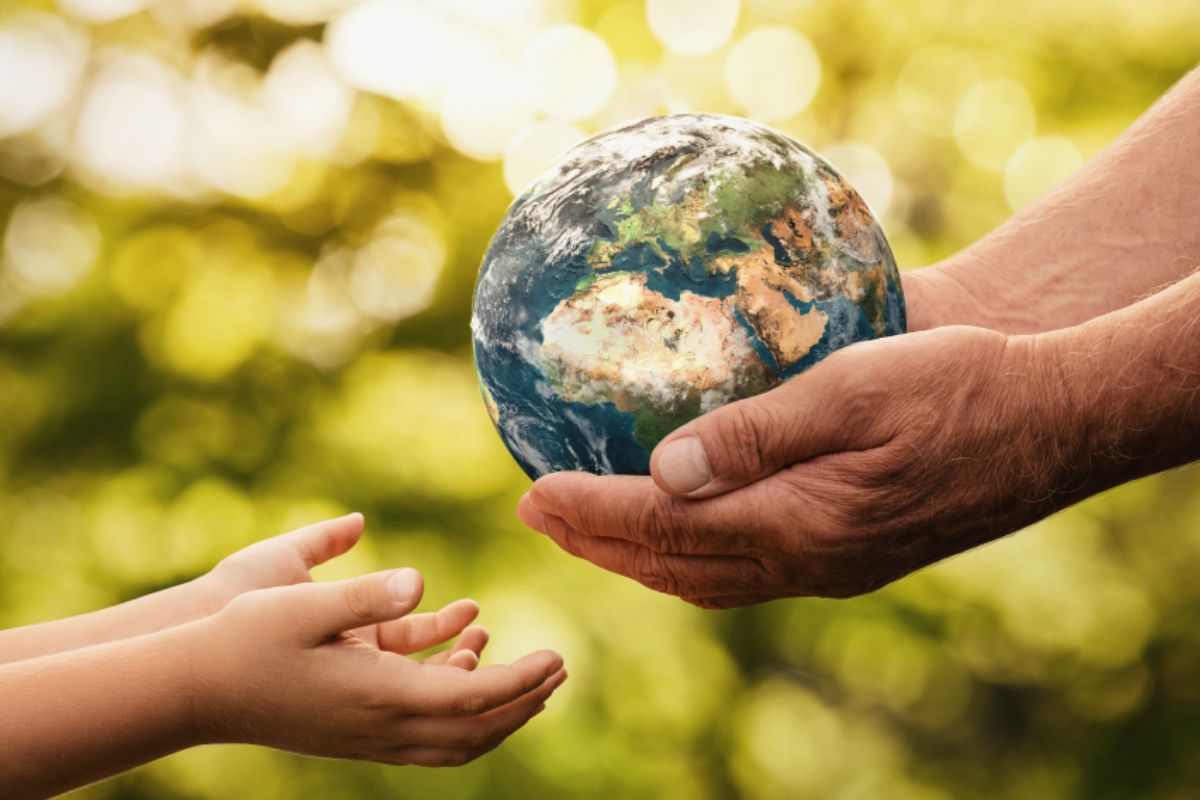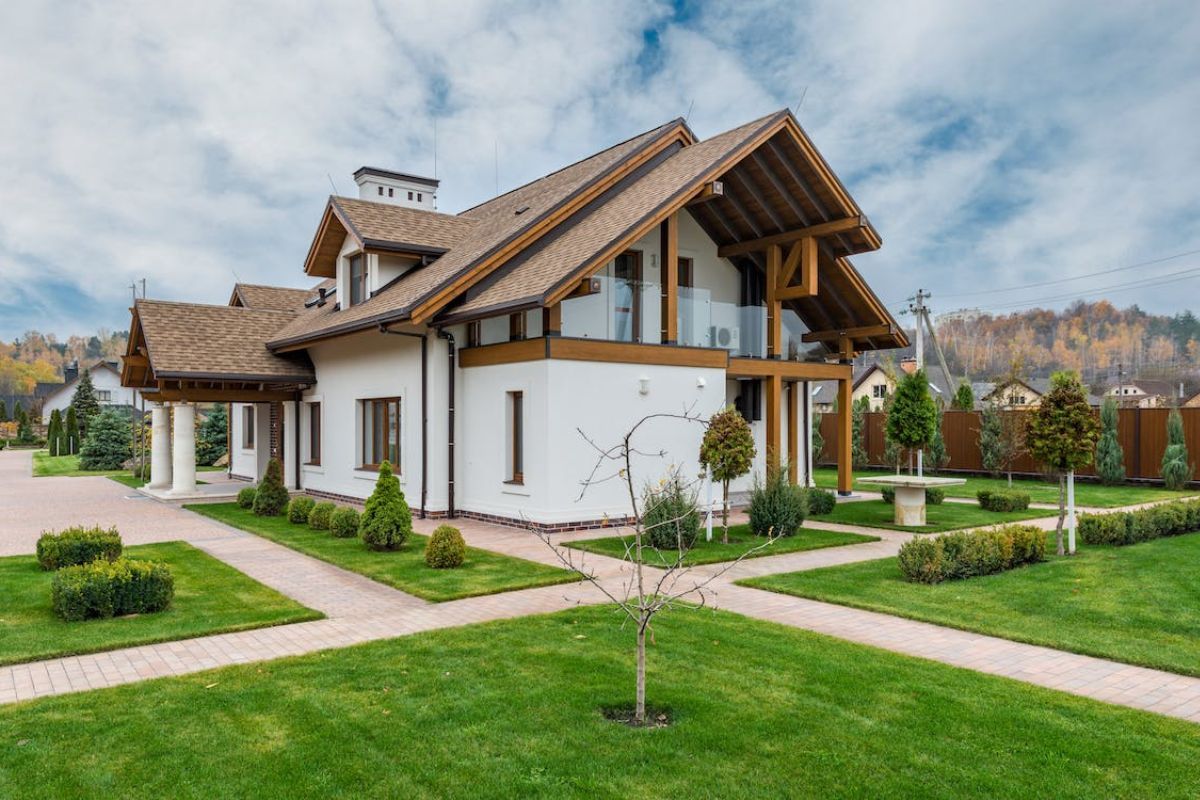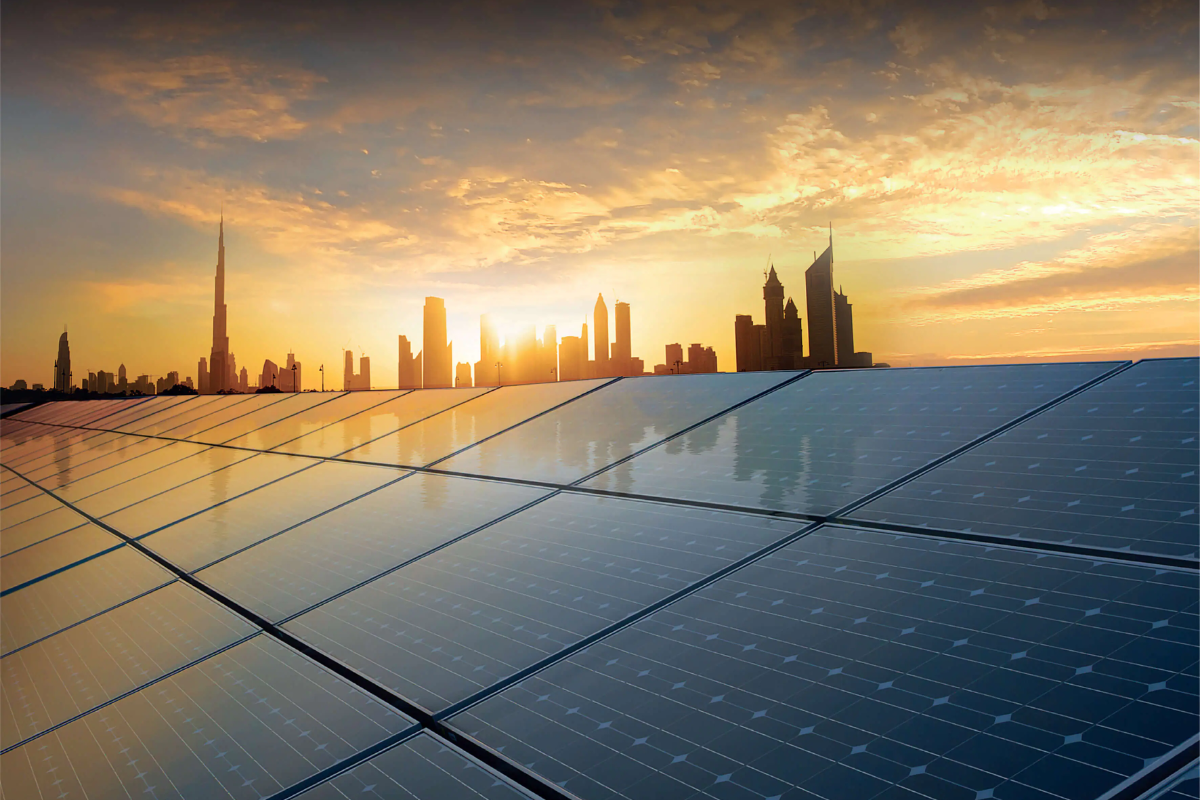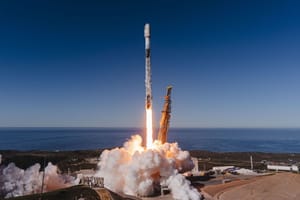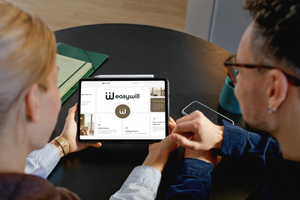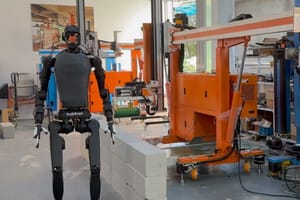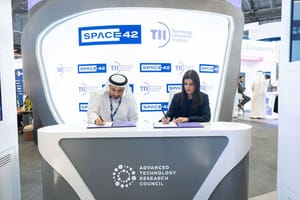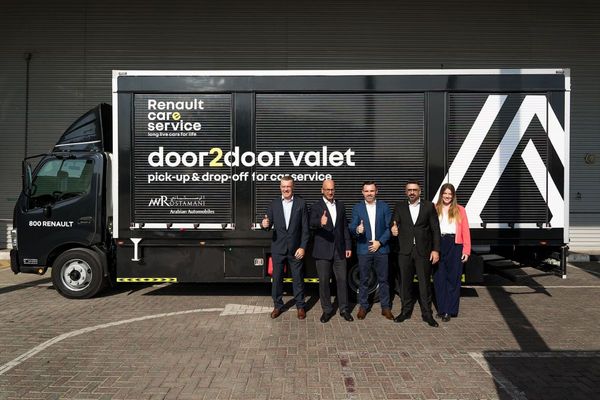UAE's reputation has traditionally been associated with ambitious construction projects and abundant living. However, in recent times, the nation has shifted its focus towards sustainability, acknowledging the significance of preserving the environment and resources for the benefit of future generations. Cementing this ambition, UAE’s declaration of 2023 as the Year of Sustainability demonstrates a dedicated emphasis on environmental sustainability and the collaborative pursuit of key initiatives in sectors such as energy, transportation, water conservation, waste management, and sustainable development. This article explores the nation’s initiatives as a whole, aimed at fostering eco-friendliness.
Is sustainability a long-standing plan?
In recent years, the UAE has made significant progress in promoting sustainability within its borders, guided by the UAE Vision 2021, Dubai 2040 Urban Master Plan, and aligned with various international initiatives such as the UAE Green Agenda 2015-2030, the Paris Agreement, and the UN Sustainable Development Goals (SDGs). Acknowledging the gravity of climate change, the UAE government has strengthened its dedication to global engagement and the establishment of domestic policies. This has established the UAE as a prominent regional proponent of climate action in the past decade.
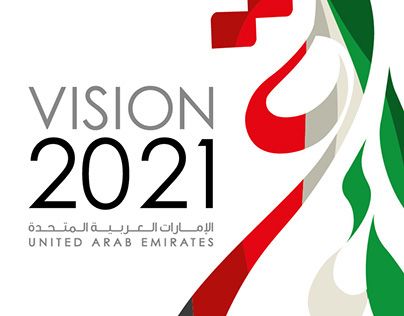
What’s The UAE Vision 2021?
H.H. Sheikh Mohammed bin Rashid Al Maktoum, Vice-President and Prime Minister of the UAE and Ruler of Dubai, unveiled UAE Vision 2021 during a Cabinet meeting's conclusion in 2010. This ambitious Vision aims to elevate the UAE to a leading global position by its Golden Jubilee of the Union. To realize this objective, six national priorities have been identified as pivotal sectors for government action in the forthcoming years namely:
- World Class Healthcare
- Competitive Knowledge & Economy
- Safe Public & Fair Judiciary
- Cohesive Society & Preserved Identity
- First Rate Education System
- Sustainable Environment & Infrastructure
Sustainable Environment and infrastructure is already in effect across the nation. Expo 2020 Dubai for instance, ambitiously ingrained sustainability from buildings to landscapes generating an abundance of clean energy, reducing water consumption, and promoting natural landscape solutions amongst other sustainability measures. Impressively, this very site from November 30 2023 will be hosting COP28, or The 2023 United Nations Climate Change Conference until December 12, 2023. This is a serious milestone achieved and a great testament to Dubai’s and UAE’s efforts to captivate a greener future for the new generation.
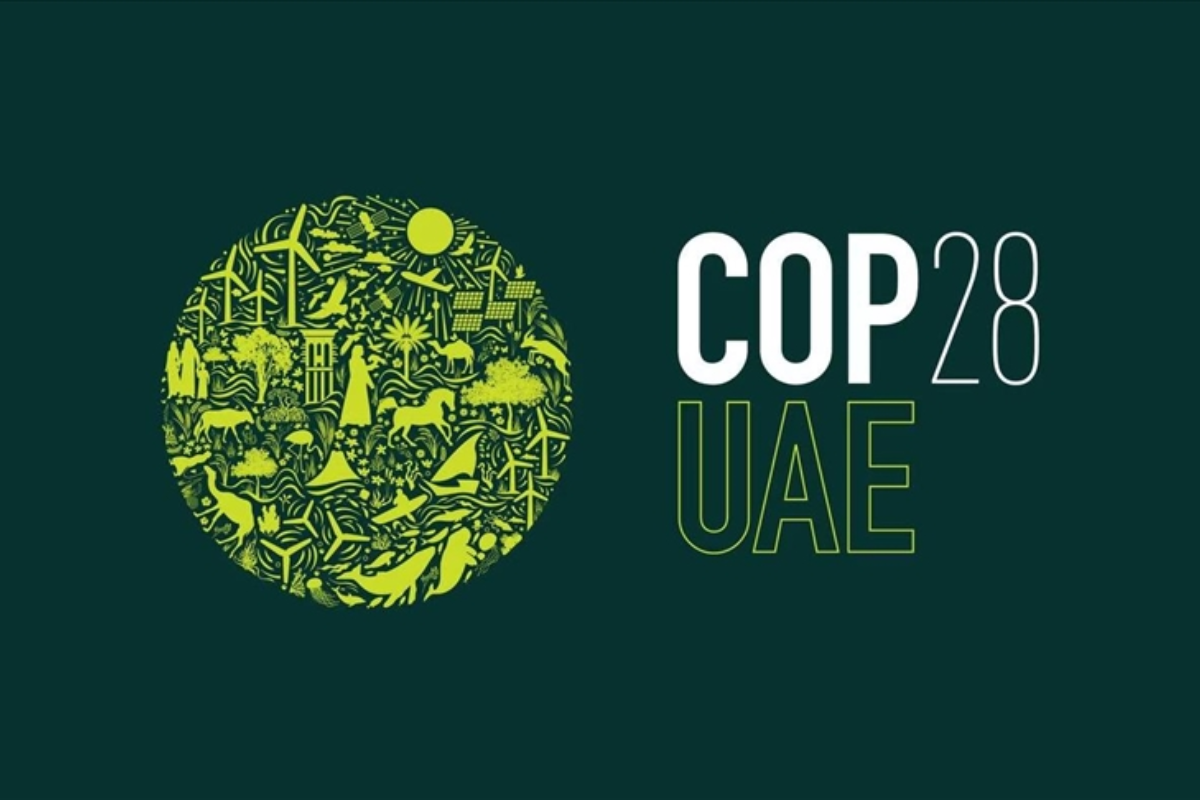
COP28: UAE’s potential on the map
Amid global climate change challenges, the United Arab Emirates (UAE) has risen as a prominent global advocate for sustainability. Through an extensive vision and ambitious endeavors, the UAE is actively shaping a sustainable future. The forthcoming Conference of the Parties (COP28) will underscore the UAE's commitment to addressing environmental issues and steering the world toward a more eco-friendly and resilient future.
Harnessing renewable energy sources: The UAE invests heavily in clean energy, exemplified by the vast Mohammed bin Rashid Al Maktoum Solar Park, set to generate 5,000 MW of clean energy by 2030. This commitment to renewables, including wind and nuclear power, reduces the country's carbon footprint and fosters a sustainable future.
Sustainable water management: The UAE addresses global water scarcity with its Water Security Strategy 2036, emphasizing sustainable water management through desalination, reuse, and conservation. Its efficient infrastructure sets a sustainable example. Working and taking this vision forward is the Dubai 2040 Urban Master Plan.
Greener living: The UAE leads sustainable urban development with projects like Masdar City, an innovative initiative in Abu Dhabi. This living laboratory showcases sustainable technologies, including renewable energy, efficient waste management, and smart transportation solutions, setting a global example for sustainable urban planning. With a history of nearly two decades in climate innovation that promotes sustainable economic growth, the UAE stands as the host to three of the world's largest and most cost-effective solar plants. It's the first in the region to adopt industrial-scale carbon capture technology, the pioneer in deploying zero-emission nuclear energy, and a trailblazer in emerging zero-carbon energy sources like hydrogen.
Moreover, the UAE's role as a global connector between nations has resulted in investments exceeding $50 billion in clean energy ventures across six continents, spanning 70 countries, including 27 climate-vulnerable island nations.
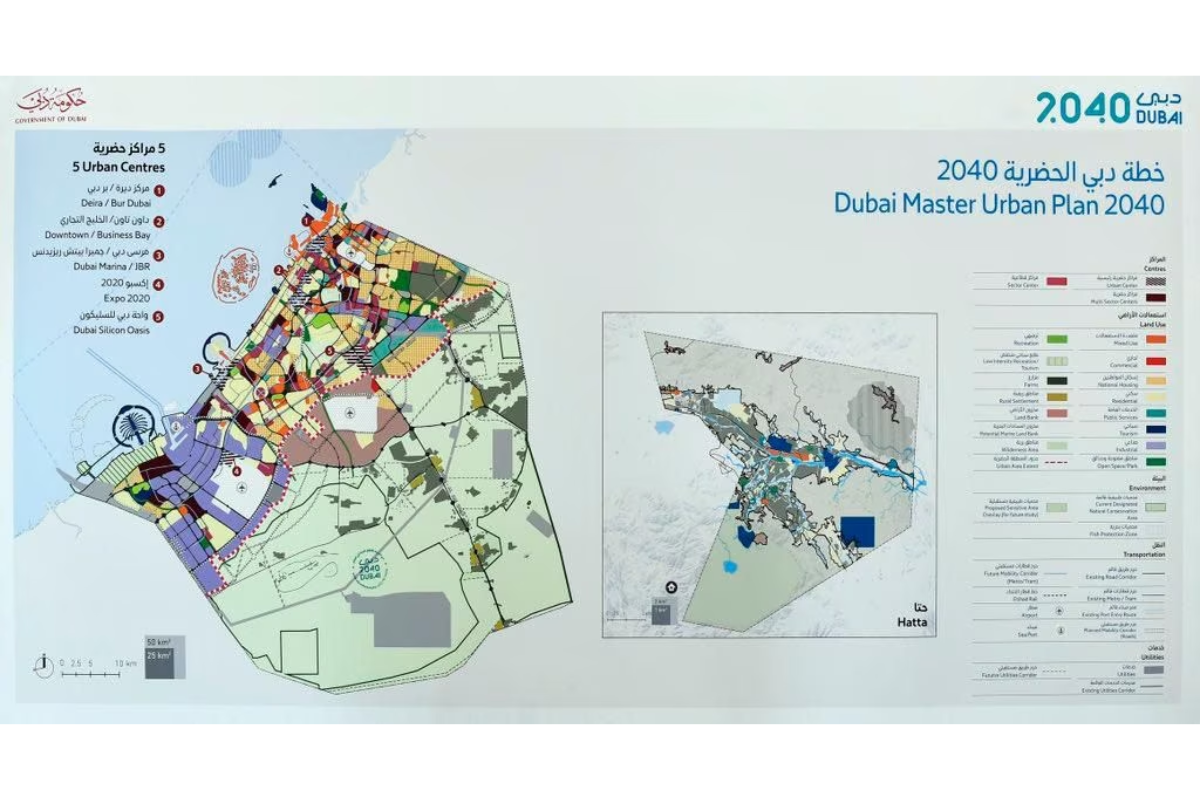
Dubai 2040 Urban Master Plan
The Dubai 2040 Urban Master Plan prioritizes well-being, prosperity, and continuous advancement. It's centered on people, draws from global best practices, and envisions a sustainable future of excellence. It marks the seventh development plan for the emirate since 1960. Over the span of six decades, from 1960 to 2020, Dubai's population surged by a remarkable 80-fold, rising from 40,000 in 1960 to 3.3 million. Simultaneously, the urban and built-up area of the emirate expanded significantly, increasing 170-fold from 3.2 square kilometers. By 2040, Dubai's vision includes significant achievements such as:
- Doubling the size of green and recreational spaces.
- Allocating 60 percent of the emirate's total area to nature reserves and rural natural areas.
- Establishing green corridors to connect service areas, residential neighborhoods, and workplaces.
- Enhancing pedestrian, bicycle, and sustainable mobility infrastructure.
- Increasing the land area for hotels and tourist activities by 134 percent, and for commercial activities, it will reach 168 square kilometers.
- Expanding land area for education and healthcare facilities by 25 percent.
- Extending public beach length by a substantial 400 percent.
- The Master Plan emphasizes promoting mass transit use, walking, cycling, and flexible transportation methods, supported by a robust planning database for informed decision-making.
Moreover, the Dubai Urban Master Plan 2040 incorporates the Hatta Development Plan, ensuring comprehensive development in the area.
The plan's focus also extends to creating integrated sustainable housing complexes that cater to citizens' needs. These communities adhere to top planning standards, featuring green spaces, commercial centers, and recreational facilities to enhance overall human well-being.
The UAE’s Green Agenda - 2030
The UAE's Green Agenda 2030 was introduced to boost the country's GDP by 4 to 5 percent, increase exports by approximately AED 24 to 25 billion, and decrease emissions to less than 100 kilowatt-hours. This long-term plan aims to enhance sustainable development and promote environmentally friendly practices in the UAE's economy. It comprises strategic objectives along with a range of programs and initiatives to accomplish these goals. The UAE Green Agenda for 2030 strives to:
- Boost the UAE's GDP by 4 to 5 percent.
- Raise exports by approximately AED 24 to 25 billion.
- Lower the country's emissions to less than 100 kilowatt-hours.
As a pioneering force in climate action and sustainability, the UAE has consistently maintained an optimistic outlook regarding our potential to construct a superior, more secure, and more prosperous world. Echoing the sentiments of the late Sheikh Zayed bin Sultan Al Nahyan, the UAE's Founding Father:
“The preservation of our planet is not only a moral duty, but also an economic necessity.”
Keeping the wheels of sustainability moving
Dubai is at the forefront of sustainable transportation efforts, aiming to cut carbon emissions and enhance air quality. The city has introduced a fleet of hybrid taxis and electric buses, with a goal of having 20% of all Dubai trips conducted by autonomous vehicles by 2030.
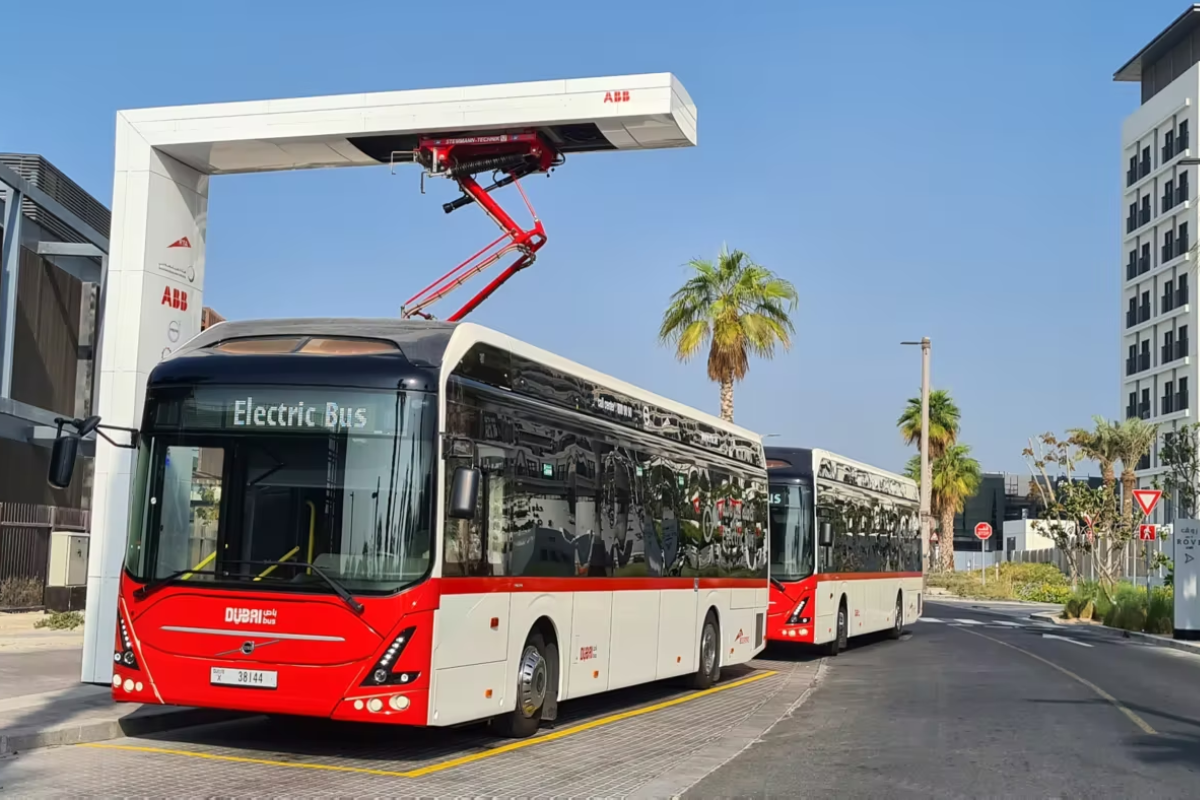
Further initiatives include bolstering infrastructure, expanding clean energy usage in buildings, and advancing waste recycling to support a circular economy.
Additionally, the Dubai Metro, operational since 2009, operates as an automated and driverless system powered by electricity. This not only reduces carbon emissions and road congestion but also relies on a blend of clean energy sources, including solar power.
Dubai Municipality has initiated a comprehensive recycling program, promoting the separation of recyclable materials at the source. Recycling bins have been strategically placed throughout the city for easy access, successfully diverting a substantial amount of waste from landfills and reducing environmental impact.
In addition, Dubai's Waste-to-Energy Project is groundbreaking, converting municipal solid waste into electricity. The Dubai Waste Management Centre (DWMC) will process 1.9 million tonnes of waste annually, becoming the world's largest operational capacity. This project, set for completion by 2024, will generate renewable energy to power 135,000 homes. By aligning with Dubai Municipality's waste diversion objectives, this project is a major stride toward a more sustainable and eco-friendly city.
In conclusion, the United Arab Emirates stands as a beacon of progress and innovation in the pursuit of environmental sustainability. With visionary strategies, ambitious initiatives, and a relentless commitment to green growth, the UAE is setting a global example for addressing climate change, conserving natural resources, and promoting sustainable development. From groundbreaking renewable energy projects to sustainable transportation and comprehensive waste management solutions, the UAE is not only safeguarding its environment but also actively contributing to a more sustainable world. As the host of COP28, the UAE has a unique platform to inspire and lead, underlining its dedication to shaping a greener and more prosperous future for generations to come.
Also read:
